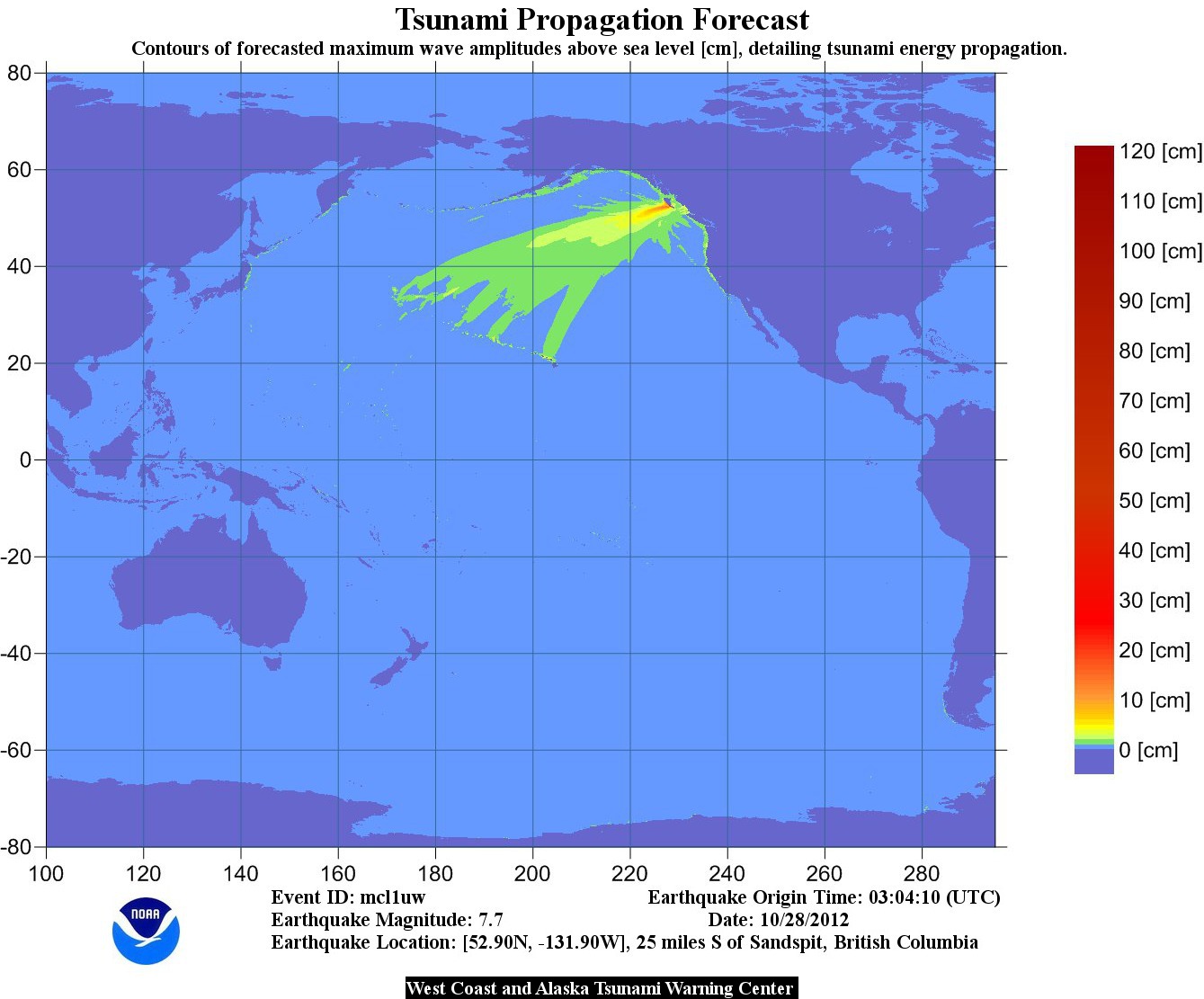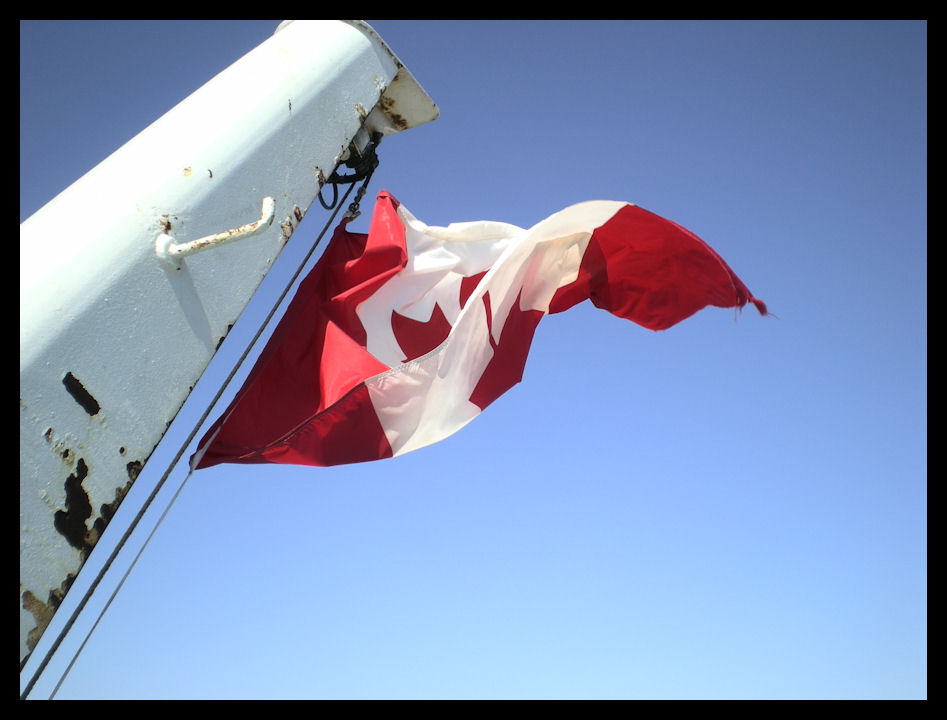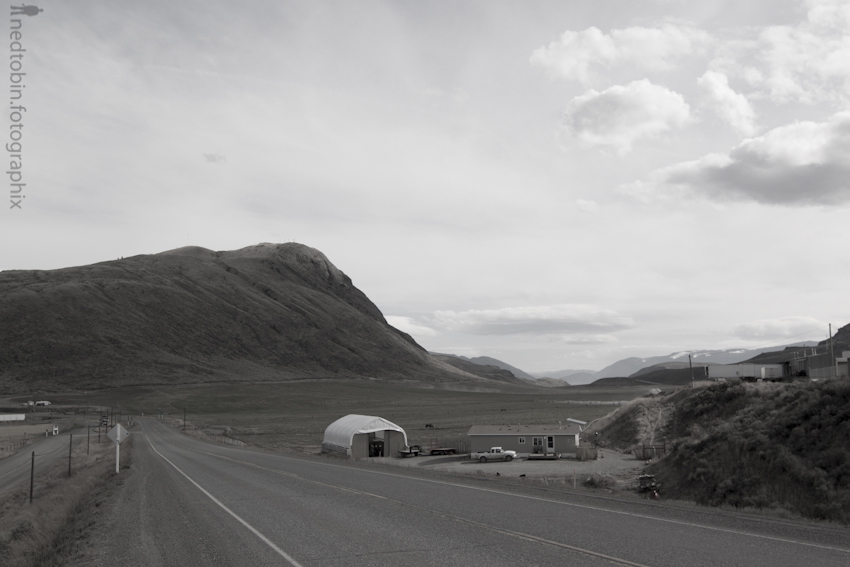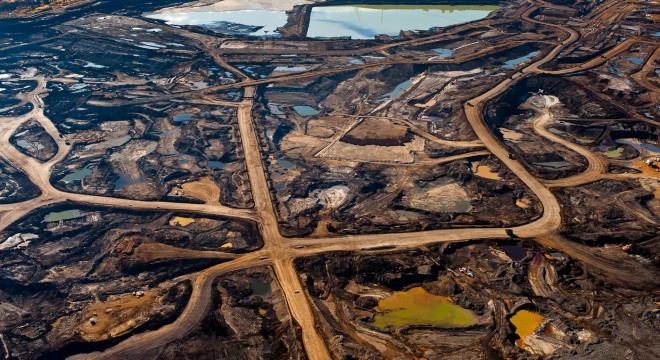Danielle Nicol’s (fb, Instagram) photography, when I first saw it, made me immediately recognize how real she is. Perhaps it’s because a lot of her work is self portraits, but there’s no denying that it’s human and exposed. She has a beautiful balance of catered perfection and half hazard causality. The very essence that makes cool I guess. I think this speaks a little bit for the fact that it’s mostly in black and white, which always eliminates any distractions and gets right to the point.
Healing humanity’s grief in the face of climate change
This article first appeared on David Suzuki Foundation’s website, calling to action Canadians to Speak up about climate change.
The tragedy we’re witnessing in so many places around the world is heartbreaking. Responses on the ground and in the media to events in Paris, Beirut, Syria and elsewhere have ranged from inspiring to chilling. Too often, people express fear and distress as anger, suspicion and scapegoating.
For many reasons and in many ways, people and nature are in distress. Quaker activist and author Parker Palmer implores us to ask, “What shall we do with our suffering?” The way we deal with our pain has critical implications. Whether we project it outward as war or murder or absorb it as despair and self-destruction, “Violence is what we get when we do not know what else to do with our suffering.”
The interplay of environmental degradation and geopolitics has had alarming repercussions. Over the past decade alone, millions of people have been displaced by war, famine and drought. The world is shifting rapidly as a result of climate change and there’s little doubt we’ll see increasing humanitarian crises. We must face this new reality as a global community.
Climate change is one of the most destabilizing forces in human history. We must deal with carbon emissions but we must also deal with human suffering. In Canada, Inuit are feeling the impacts disproportionately. Ice appears much later in the season and melts earlier. Changing wildlife migration patterns disrupt community livelihoods, land-based activities and cultural practices.
Cape Breton University Canada research chair Ashlee Cunsolo Willox is working with Inuit to understand their communities’ climate-related mental and emotional health impacts, documenting anxiety, despair, hopelessness and depression, increased family stress, drug and alcohol use and suicide attempts. People are grieving for a way of life that is changing with the landscape.
Together with the Nunatsiavut communities of Labrador, Cunsolo Willox produced a documentary film, Attutauniujuk Nunami/Lament for the Land. Residents describe how ice, when it forms, is often not thick enough to hunt, gather wood or travel by snowmobile.
The land is part of who they are, a source of solace, peace, identity, and well-being. Hunting and fishing and spending time on the land help Inuit feel grounded and happy. When residents can’t get out of town, they feel “stuck”, “lost” and “less like people”.
Although global warming discourse typically ignores our intense feelings and grief in the face of environmental change, Cunsolo Willox argues it can expand our capacity to act. “Re-casting climate change as the work of mourning means that we can share our losses, and encounter them as opportunities for productive and important work,” she says. “It also provides the opportunity to stand up and publicly object to injustice.” Shared experiences of grief can build solidarity, support healing and inspire collective action.
With the Paris UN climate talks underway, we have an opportunity to expand the conversation to include environmental grief and loss. Today’s social and environmental leaders need to understand the psychological implications of a world in distress. Geographer and research scientist Susanne Moser predicts future leaders will need more than professional expertise and political savvy. They must be “steward, shepherd, arbiter, crisis manager, grief counselor, future builder.”
Instead of knee-jerk reactions that so often accompany fear and emotional pain, what if we summoned the courage to experience our sadness, disorientation and grief in all its fullness? More importantly, what if we did this together? The feelings surrounding change and loss highlight our shared vulnerability and expose our connections to one another. We can consciously foster a heightened sense of human and ecological fellowship.
The late environmental scientist Donella Meadows believed the process of experiencing feelings is far from trivial. “Feelings, like knowledge, don’t directly change anything. But if we don’t rush past the feelings or stuff them down, if we take time to admit even the most uncomfortable ones, to accept them, share them, and couple them with knowledge of what is wrong and how it might be fixed, then feelings and knowledge together are motors for change.”
The suffering we’re witnessing because of loss of land, culture, ways of life and identity may portend what is to come for all of us. Now is the time to come together and decide how we will respond. Let’s make sure it’s the best humanity has to offer.
Illegal and Very Punishable To Wear a Mask in Canada, Bill C-30,9
Everyday our freedom as humans in Canada – and no doubt throughout the first world with any country tied into this profit/growth system – is taken away right from under our masks, so to say.
In 2010 in preparation for the Olympics in Vancouver the government introduced a new bill that gave the authority for police to search your home and arrest you on the premise that some authority simply had a suspicious that you might protest the Olympics, or be a terrorist. Granted, there was a few tonnes of explosive material lost in the north a few months prior to the Olympics… but really? What happened to Private Dicks investigating things? CIA? FBI? (Vancouver Observer, 2013, http://www.vancouverobserver.com/olympics/2010/01/19/podium-politics-and-olympics)
I have read that this month, on June 19, 2013 a certain Bill C-30,9 introduced in Oct 2011 by Member of Parliament (MP) Blake Richards (represent the electoral district of Wild Rose, Alberta), was passed by the House of Commons that now makes it illegal, punishable by up to 10 years in jail, to wear a mask during a protest (a gathering of more than 3 people). (CBC News, 2014, http://www.cbc.ca/news/politics/story/2013/06/19/pol-mask-bill-royal-assent.html) (Story Leak, 2013, http://www.storyleak.com/protesters-10-years-prison-wearing-masks-canada/) Continue Reading →
Canadian Oil Sands and Lesser Prairie Chickens
It started off a few years ago as a project that would simply cost way too much to pursue. I remember it clearly as they said that it wouldn’t be explored because it was far to bad for the environment, cost way too much money, and there was way to much oil in the middle east… I remember even hearing how they said that with current technologies it takes more oil to actually extract the tar sands oil, than they actually get out of it in the process. But then oil went up to the prices we now see today, and suddenly WE THE CONSUMER started paying for our earth to be devastated. I’m talking about Canada’s oil sands.
Last time I was at the pump, gasoline was $141.9. For my ‘fuel efficient’ Jetta, a full tank costs about $70 to fill. I am paying for this exploration. I am guilty myself.
You know, if I was a believer in conspiracy theories, I might even venture to guess that half of the profits some of these oil companies get are by sneaky accounting. Think of this if you will: Company X buys oil, machinery, and pays employees while getting huge tax cuts and credits for being a developer of raw resources, for employing people, and numerous amounts of other loop holes. Company X just so happens to also extract the same oil they buy, so not only are they buying their own oil at premiums – keeping investors happy – they are also given tax credits to buy their own oil at premiums: essentially free government money. Company X also has huge backers on the board lobbying government, giving Company X basically ZERO risk factor of any sort of policy changes occurring in the near future that would hinder progress; if any policy change along the sorts is proposed that will make it harder for Company X to make large profits, the policy changes will be tied up in courts so long Company X will be allowed to take many years of life from planet earth. Sounds like smart business, doesn’t it?
Today I signed many petitions to bring change in the world. I realize that it is slightly silly thinking that signing an online petition will bring change, but the positive fact of the matter is that many of these petitions do indeed bring change to the world. These petitions do have success. I’ve signed some petitions that have anywhere from a quarter of a million people signing them to over 2 million peoples signatures.
Today I signed a petition to bring the Lesser Prairie chicken – a rare grouse species threatened by oil and gas exploration, wildfires, and drought – under the wildlife protection act for protection against extinction.
I also signed a petition to bring the company Monsanto, and their super herbicide Roundup, forward to answer questions. Evidently a peer-reviewed report published in the scientific journal Entropy indicates glyphosate, a chief ingredient in herbicides like Roundup, is being found in the foods we all eat, we all buy from the grocer. Glyphosate is proven to have negative impacts on the human body by “manifesting slowly over time as inflammation [and] damages cellular systems throughout the body.” Not only does it effect humans, but animals and plants. In short, all life on the earth is effected by glyphosate and Monsanto’s Roundup.
Renee Robyn: Photographer, Retoucher, and Model
Renee Robyn has the power to take your breath away. In photography she sees her images before she shoots them, and post-produces them into fantasy filled perfectness. She also models with eyes that can swallow your soul. She first attracted my attention by taking awesome photographs. Plain and simple. Renee’s work immediately stands out when seen. It’s my belief that Renee is such a great photographer because she genuinely loves everything about creating an image: modeling, photographing, creating, dreaming, and putting the final touches on the images in Photoshop.
Renee is intelligent and constantly driving herself. Anybody she comes in contact with understands this, and this just works perfectly to keep those creative juices flowing.
West Coast of Canada and USA Tsunami Warning

Photo source: wcatwc.arh.noaa.gov
The tsunami Warning continues in effect for the coastal areas of British Columbia and Alaska from the north tip of Vancouver Island, British Columbia to Cape Decision, Alaska (85 miles SE of Sitka). – Event details: Preliminary magnitude 7.7 (Mw) earthquake / Lat: 52.900, Lon: -131.900 at 2012-10-28T03:04:10Z Tsunami warnings mean that a tsunami with significant widespread inundation is expected, or occurring. Warnings indicate that widespread dangerous coastal flooding accompanied by powerful currents is possible and may continue for several hours after the initial wave arrival. Continue Reading →
Canada-China FIPA Trade Deal

Photo source: Ned Tobin | www.nedtobin.com
The Foreign Investment Promotion and Protection Agreement (FIPA) is an agreement between China and Canada which aims at overthrowing the current business and governmental structure in one foul swooping sweep of protection Stephen Harper feels foreign investors deserve. Continue Reading →
Canada-China Investment Treaty 60 Second Briefing
Mr. Speaker, here is your 60 second briefing on the Canada-China investment treaty, the most significant treaty of its kind since NAFTA.
I requested a technical briefing from the Minister of International Trade on September 27. I got it one hour ago, so I can update folks. Continue Reading →
Thomas Mulcair’s Response to FIPA

Photo source: Reuters
I am writing you because you have expressed concern about the Canada – China Foreign Investment Agreement (FIPA).
As you have noted, this deal changes Canada’s long standing policy of ensuring public disclosure and transparency in arbitrations. This deal could have negative effects on the ability of Canadian governments to set policies in the public interest and exposes Canadian taxpayers to expensive litigation and damages. It also fails to achieve full reciprocity for Canadian investors. Continue Reading →
Canada’s Environmental Assessment Act 2012

Photo source: Ned Tobin | www.nedtobin.com
I’ve recently been fed an article from the Vancouver Sun discussing Canada’s decision to alter some of the rules for its Environmental Assessment Act, becoming official on July 6, 2012. I won’t regurgitate what has already been spilled there, but I will offer some insight into what our government’s policies are.
Reading something like this Vancouver Sun article makes it nearly impossible to let it slide without saying something. We Canadians are passive about a lot of things, but our environment we should not be passive about. We, the entire population of the world, should take absolute measures to promote planet earth’s safe growth, health, and happiness. Continue Reading →








